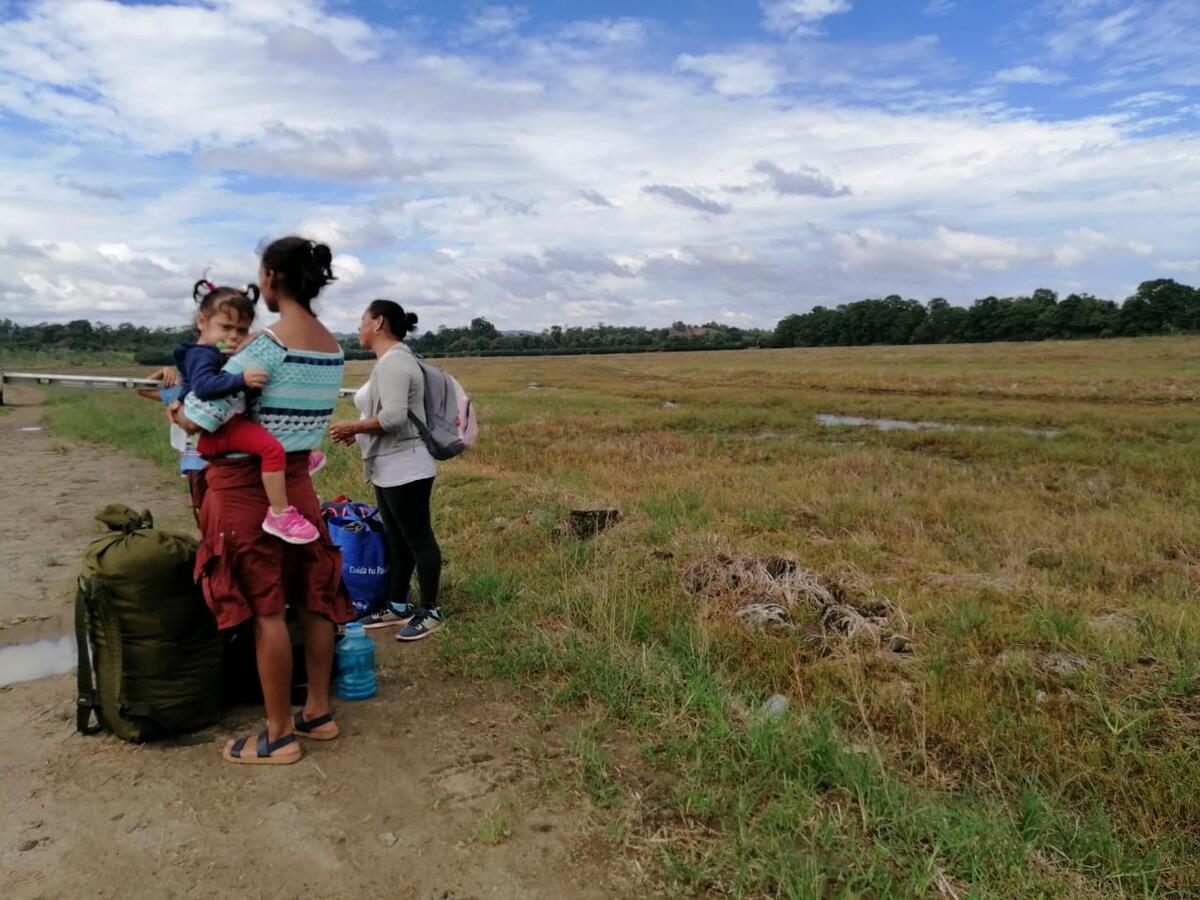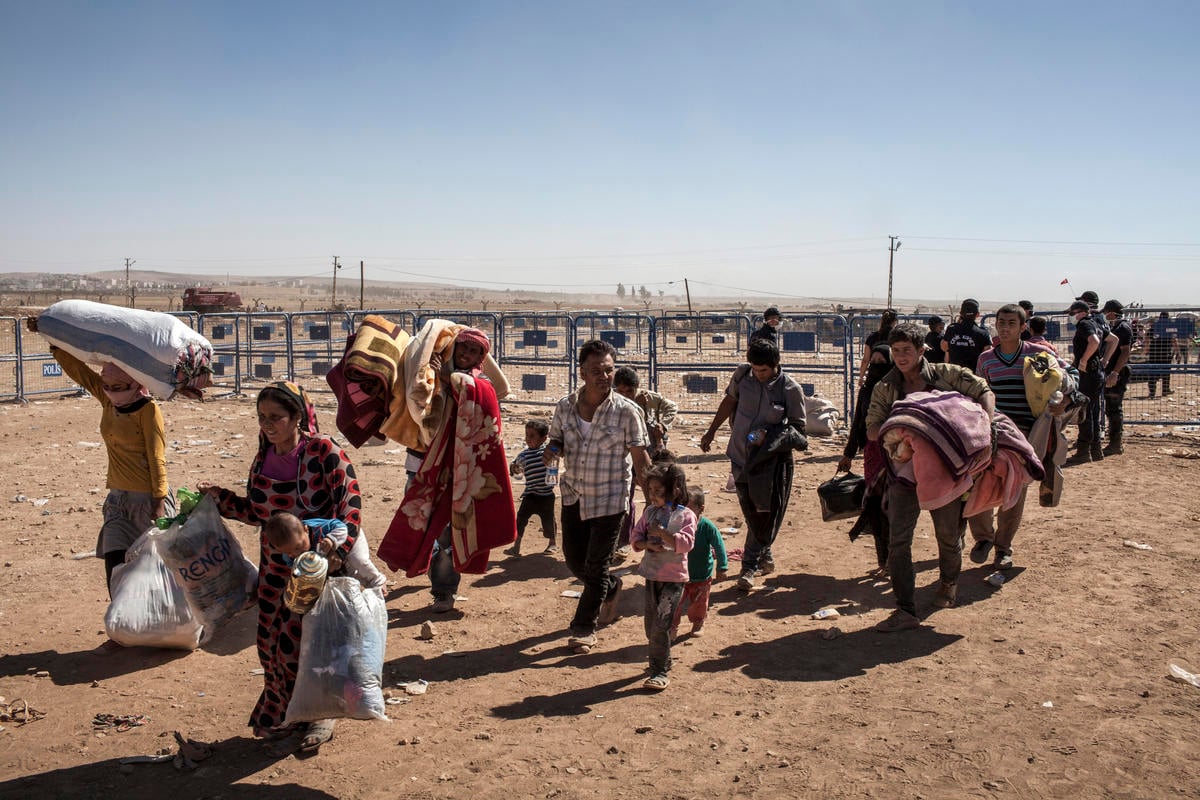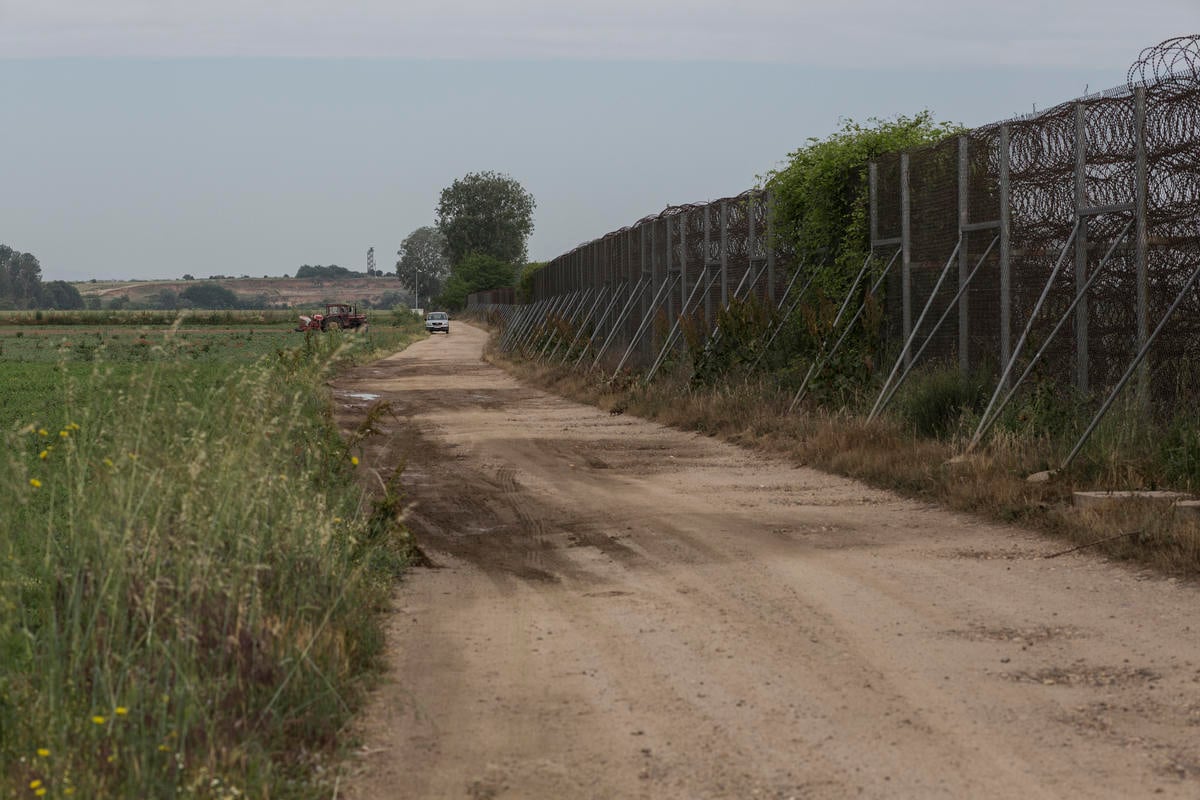UNHCR and Malawi register all refugees and asylum seekers
UNHCR and Malawi register all refugees and asylum seekers

DZALEKA, Malawi, November 22 (UNHCR) - The UN refugee agency and the government of Malawi are conducting a registration of all the residents in Dzaleka refugee camp to improve the protection, management and assistance to refugees and asylum seekers in the country.
"This registration is a vital part of helping refugees," said Matewos Beraki, acting head of the UNHCR office in Malawi. "It will provide us not just with numbers but with the details about the people in the camp that would help us to find permanent solutions to their situation."
The joint exercise, funded by a contribution from the European Union, began on Monday and will take until the middle of December to complete. A subsequent registration of refugees who are allowed by the authorities to live in the nearby capital, Lilongwe, and elsewhere in Malawi will be conducted in early December.
UNHCR and the government agreed it was imperative to verify and update the existing figures, which showed that Malawi was hosting about 4,000 recognized refugees and a similar number of applicants for asylum. Almost all live at Dzaleka. A second refugee camp, Luwani, was closed earlier this year and the residents relocated to Dzaleka.
"We are realizing during this registration that the existing data were poor - often incomplete and inaccurate," said Andrew Hopkins, the UNHCR registration officer for southern Africa who directed the exercise. "The questions we are asking now should lead to profiling that allows us to understand each individual better and lead to solutions."
The details gathered by the teams, which were assembled and trained by UNHCR, will give profiles of each individual that is essential for planning how to care for refugees now and suggesting potential solutions for their future.
Individuals needing special protection, such as unaccompanied children who had been staying with other families, have been identified. There have also been divorces, marriages and births that had gone unrecorded since the last time the data was checked in 2004.
The household profiling information being entered into the UNHCR database this time includes job skills, education, languages spoken and many details of local connections like work permits, marriage and bank accounts. This could strengthen a case for local integration, although Malawi at present does not allow that step for refugees.
A range of questions on the intention to repatriate - or the reasons not to return - are vital for assessing prospects for repatriation from Malawi. Most refugees in Malawi came from the Democratic Republic of the Congo, Rwanda or Burundi, but few in recent years have asked UNHCR to assist their return home.
That has left resettlement to a third country - the other solution used by UNHCR - as the main option pursued in recent years. The profile material gained in the registration will also ease the selection of potential resettlement cases.
The registration had been preceded by a publicity campaign to ensure refugees and asylum seekers in Malawi were aware of the exercise. Inevitably, there were some rumours that the registration - which is a worldwide activity by UNHCR - was a step toward forced repatriation.
UNHCR is never involved in forced repatriation and on a tour of Dzaleka Refugee Camp and at a subsequent news conference, Malawi's Deputy Minister of Home Affairs Symon Vuwa Kaunda emphasized that the registration aimed merely to improve the knowledge of UNHCR and the government.
"The information gathered by the exercise by the government and UNHCR will allow UNHCR to explore durable solutions," the deputy minister said. "The exercise will be solely for the purpose of registering, protecting and assisting the population of concern."
Each refugee over the age of 18 years will receive a plastic identification card issued by the government, which provides important protection when they are outside the camp. The refugee card is valid for five years and the asylum seeker card for one year, on the assumption that an application for refugee status could be decided during that period.
The next challenge for UNHCR, which is conducting similar registrations across southern Africa, is to ensure databases are continually updated. The UN refugee agency is examining how to ensure each country has trained staff amending the information to record births, newly recognized refugees, newly arrived asylum seekers and those refugees for whom a durable solution has been found.
By Jack Redden in Dzaleka, Malawi








